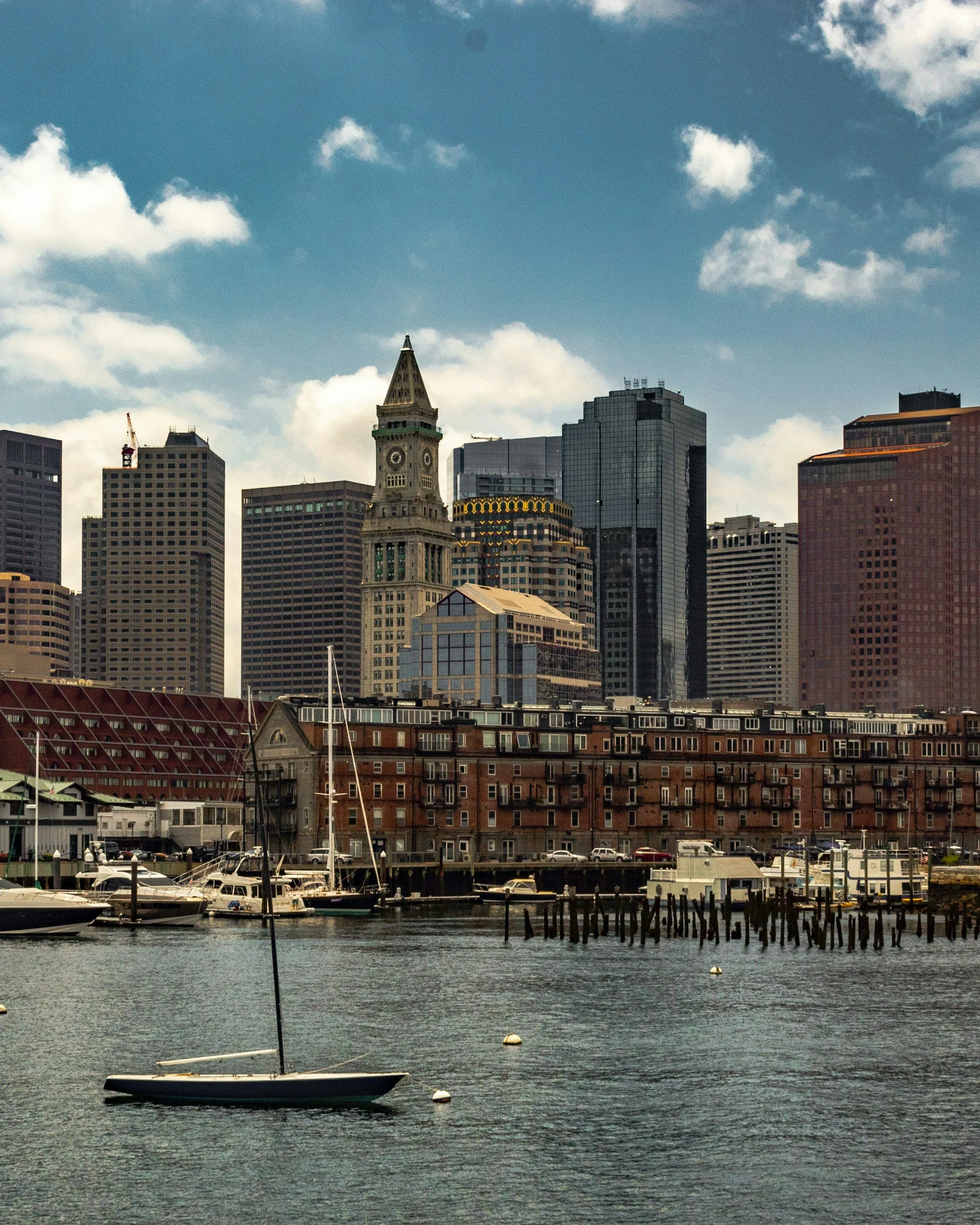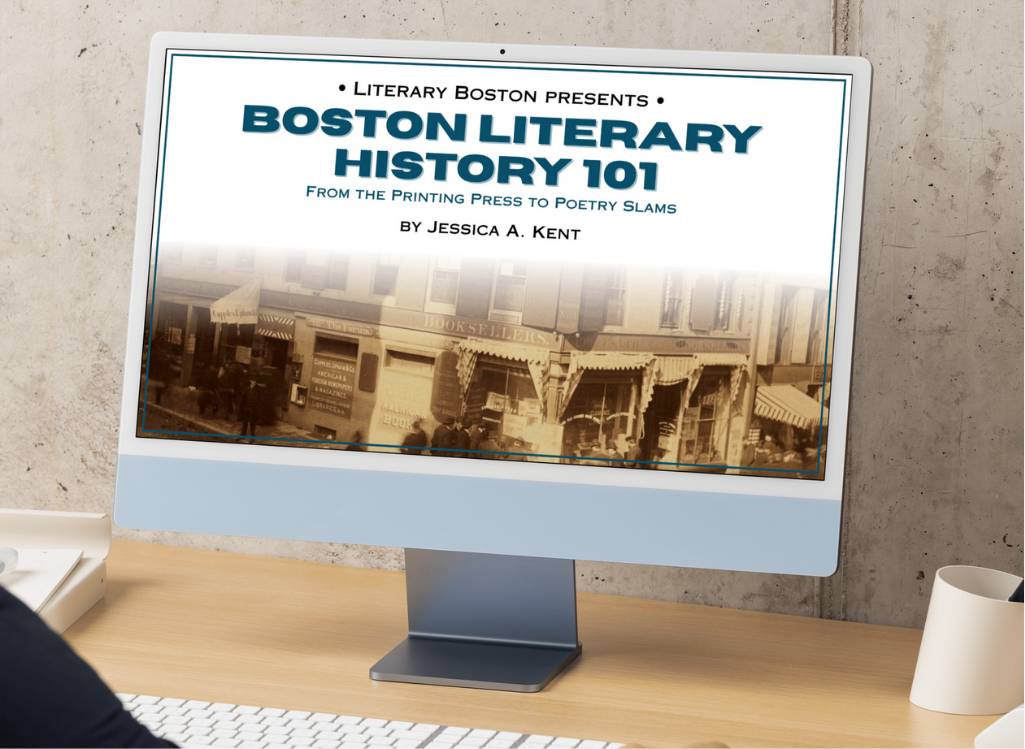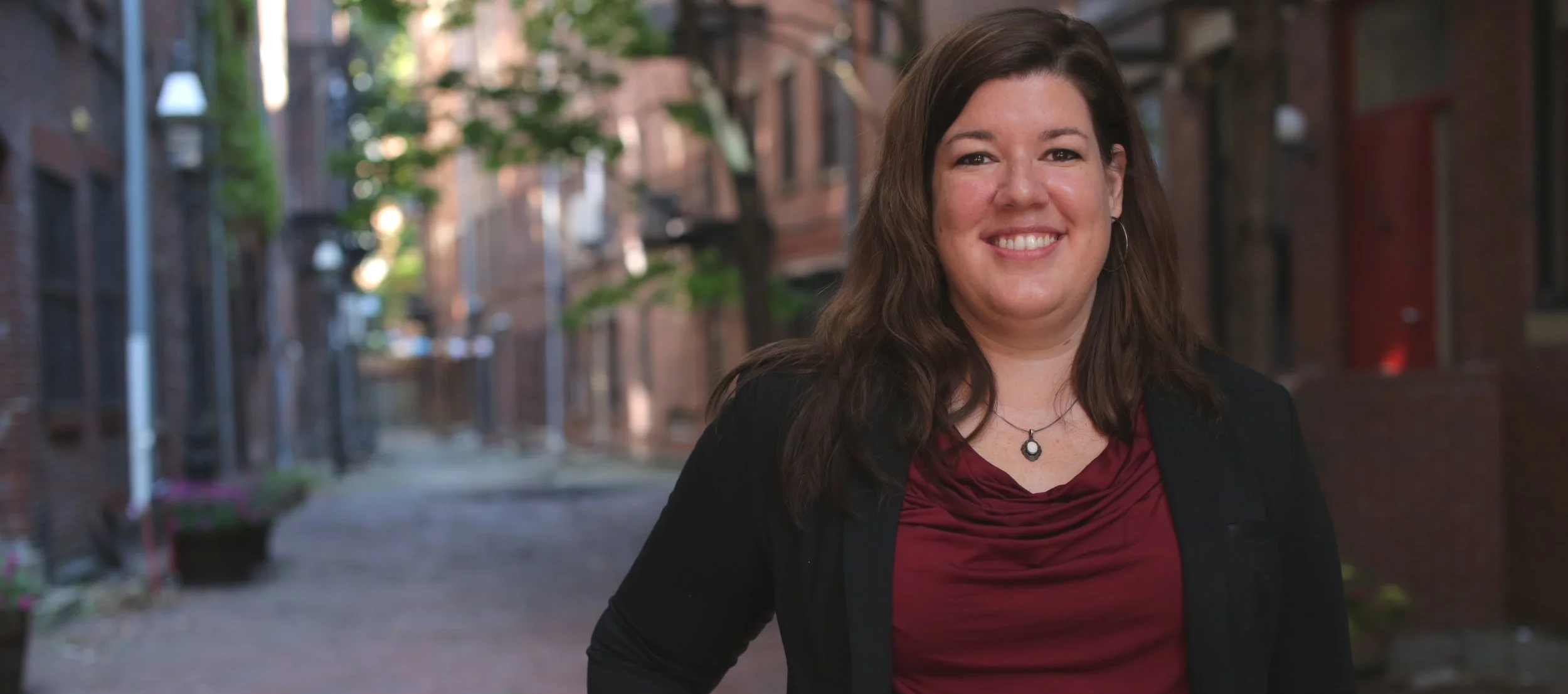Boston Literary History 101
From the Printing Press to Poetry Slams
A digital, on-demand Mini-course
by Jessica A. Kent, founder of Literary Boston
Welcome to Boston Literary History 101.
Boston has a such a rich literary history, from the first printing press in the Colonies to fostering authors and literary movements that changed the world.
To help you understand more about Boston’s literary past, I put together this mini-course to introduce you to the people and places that make up Boston’s rich literary history.
This mini-course includes:
70 minutes of video teaching
11 lessons spanning 1638 to the present day — see below for course content
150 images and videos to tell the story of Boston’s literary past (including video I’ve taken around town)
Suggestions for further reading so you can read works of Boston’s past
Cost: $40 for full access.


Course Content
Lesson 1: Colonial Literary Beginnings
In 1630, the first non-indigenous people settled in Boston, and Boston’s literary roots began right around the same time. In this lesson, you’ll learn about the first printing press, the first bookstore and bookseller in Boston, the The King’s Chapel Library, and Anne Bradstreet.
Lesson 2: Revolutionary Words
As tensions grew between the colonists and England, Bostonians had to face a decision that would impact their future — and they furthered the cause of independence through words. In this lesson, you’ll learn about revolutionary printing, Phillis Wheatley, and literary happenings at the close of the century.
Lesson 3: 19th Century Literary Expansion
The mid-19th-century literary scene seemed to swirl around these individuals both in Boston and out in Concord. But they weren’t the only ones making literary waves in the 1800s as the new nation grew into its own. In this lesson, you’ll learn about Ralph Waldo Emerson, Henry David Thoreau, Elizabeth Palmer Peabody, Nathaniel Hawthorne, Louisa May Alcott, Margaret Fuller, the Omni Park House history, The Saturday Club and The Atlantic Monthly, Henry Wadsworth Longfellow, Fanny Appleton, and the West Boston Bridge, and a word on Edgar Allan Poe.
Lesson 4: Boston’s Women of Letters
Not only were women leading literary salons and contributing to the literary conversations in the city, they were writing everything from popular dime novels, to treatises that sought social reform, to poetry and verse that we still recite today. In this lesson, you’ll learn about Hannah Adams, Lydia Maria Child, Julia Ward Howe, Annie Adams Fields, Katharine Lee Bates, and Amy Lowell.
Lesson 5: Black Voices of Literary Past
We’ve already talked about Phillis Wheatley’s contribution to poetry in early America. Now let’s look at the impacts of other Black writers of Boston’s literary history, from the works they published, to the magazines they started, to the movements they influenced. In this lesson, you’ll learn about William Wells Brown, Josephine St. Pierre Ruffin, Pauline E. Hopkins, George Washington Forbes, William Monroe Trotter, Angelina Weld Grimké, Helene Johnson, Dorothy West, and Boston’s Black newspapers and publications.
Lesson 6: The Publishing Hub of America
As Boston’s writing community grew, a thriving literary ecosystem grew around them, which included a busy publishing scene. If Boston was “The Hub of the Universe,” as many called it, then Ticknor & Fields and the Old Corner Bookstore were the “Hub of the Hub.” In this lesson, you’ll learn about Ticknor & Fields, Houghton Mifflin, Little, Brown, other publishers, and the decline of publishing in Boston.
Lesson 7: Boston’s Libraries and Bookstores
In addition to university and college libraries, Boston’s two library systems — the Boston Public Library and the Boston Athenaeum — played a role in shaping the literary community. So did the bookstores that were started in the late-19th century and early 20th century, that are still selling books today. In this lesson, you’ll learn about the Boston Public Library, the Boston Athenaeum, and early Boston bookstores.
Lesson 8: Immigrant Voices and Gatherings
Boston’s immigrant population began to grow in the late 19th century, bringing with them new stories and new viewpoints to add to the local literary culture. Above all, the literary community centered around libraries became a place for immigrants to connect and find their way. In this lesson, you’ll learn about The Saturday Evening Girls Club, Fanny Goldstein, the Tyler Street Reading Room, Mary Antin, and Khalil Gibran.
Lesson 9: Boston’s Queer Literary Past
We’ve already met a few writers in Boston’s literary past who were likely part of the LGBTQ+ community. Let’s look at a few more people, places, and initiatives that contributed to Boston’s queer literary scene. In this lesson, you’ll learn about Louise Imogen Guiney, Alice Brown, F.O. Matthiessen, John Wieners, Charley Shively, John Mitzel, Boston’s LGBTQ+ bookstores, and publications and organizations.
Lesson 10: Confessionalists, Counterculture, and Connection
The mid-20th century found the Boston literary scene growing out in various directions, from university meetings to grassroots initiatives. From the Confessionalists to the counter culturalists, Boston writers and literary organizers were finding their voices in post-World War II America. In this lesson, you’ll learn about Mid-century poets and Room 222, Robert Lowell, Sylvia Plath, Anne Sexton, underground and alt publications, 1970s lit mag boom, and the rise of the reading series.
Lesson 11: Literary History Continues Today
Boston has a thriving and engaged literary scene today, but we’re really just continuing on what those in the past were doing every day: Writing stories, poetry, and essays. Lending or selling books. Printing and distributing literary work. And fostering literary community in our own unique ways. In this lesson, you’ll learn about GrubStreet, Massachusetts Poetry Festival, Boston Book Festival, MFA programs, reading and poetry series, and Boston bookstores.
Watch the introduction…

Your Instructor
Hi! I’m Jessica, and I’m the founder of Literary Boston, which I started in 2012 as a place as a website where people could find everything there was to know about the Boston literary community. But you could say that Literary Boston may have truly started on a trip to Walden Pond in 1999 (as you’ll learn in the course!). I fell in love with the literary history of Boston then and I’m still fascinated with it today, so much so that I’ve made it a pillar of my work on Literary Boston.
For the past 25 years, I’ve been studying Boston literary history, from structured study in academic programs to reading historical markers all over the city. Now, I want you to know about our rich literary past, too.
A little bit more about me:
I’m a freelance marketing writer by day and creative writer by night. I’m the founder of Literary Boston, a website that covers the local literary community, and other past literary roles include library assistant, bookseller, and book festival director. I hold a BFA in Creative Writing from Emerson and a Master’s in Literature from Harvard, where my thesis on Moby-Dick and Calvinism won the Director’s Prize. My short fiction has appeared the North American Review, the Emerson Review, and others, and has received the Leah Lovenheim Award for Short Fiction. I recently graduated from GrubStreet's Novel Incubator program, where I’m working on a novel about paramedics in 1970s Boston.
If you would like to book me for a Boston Literary History 101 talk/presentation or walking tour, contact me through the form on the “About” page.
F.A.Q.
-
You’ll learn about the literary history of Boston, from 1638 beginnings to the present day: authors, places, institutions, and initiatives that shaped Boston’s literary past. See the course description above.
-
Upon access, you’ll receive 70 minutes of video content across 11 lessons. This included teaching from me, and 150 pieces of media to tell the story of Boston’s literary history.
-
This is an on-demand online course that you can start watching today! After checkout, simply log on and start learning.
-
Course access is $40.
-
Head to the purchase button or https://www.literaryboston.com/boston-literary-history-101 and follow the directions for “Sign up.”
You’ll be required to create an account to access the course.
On the checkout screen, you’ll see “Purchase membership” — that’s correct, as this course is in a member area of Squarespace.
You’ll receive access on screen immediate. You’ll also receive a confirmation to your email.
You’ll also receive an email to “Verify your Literary Boston account.” Go ahead and do that so you can have access via the link in the future.
-
Maybe! Stay tuned.
-
Due the nature of online courses and digital downloads, no refunds will be given.
-
Sure! This isn’t meant to be an exhaustive course by any means. Still, if there’s someone I missed or something you would like to see in a future course, contact me through the form on the “About” page.
-
Email me at info@literaryboston.com and I’ll do my best to troubleshoot!

